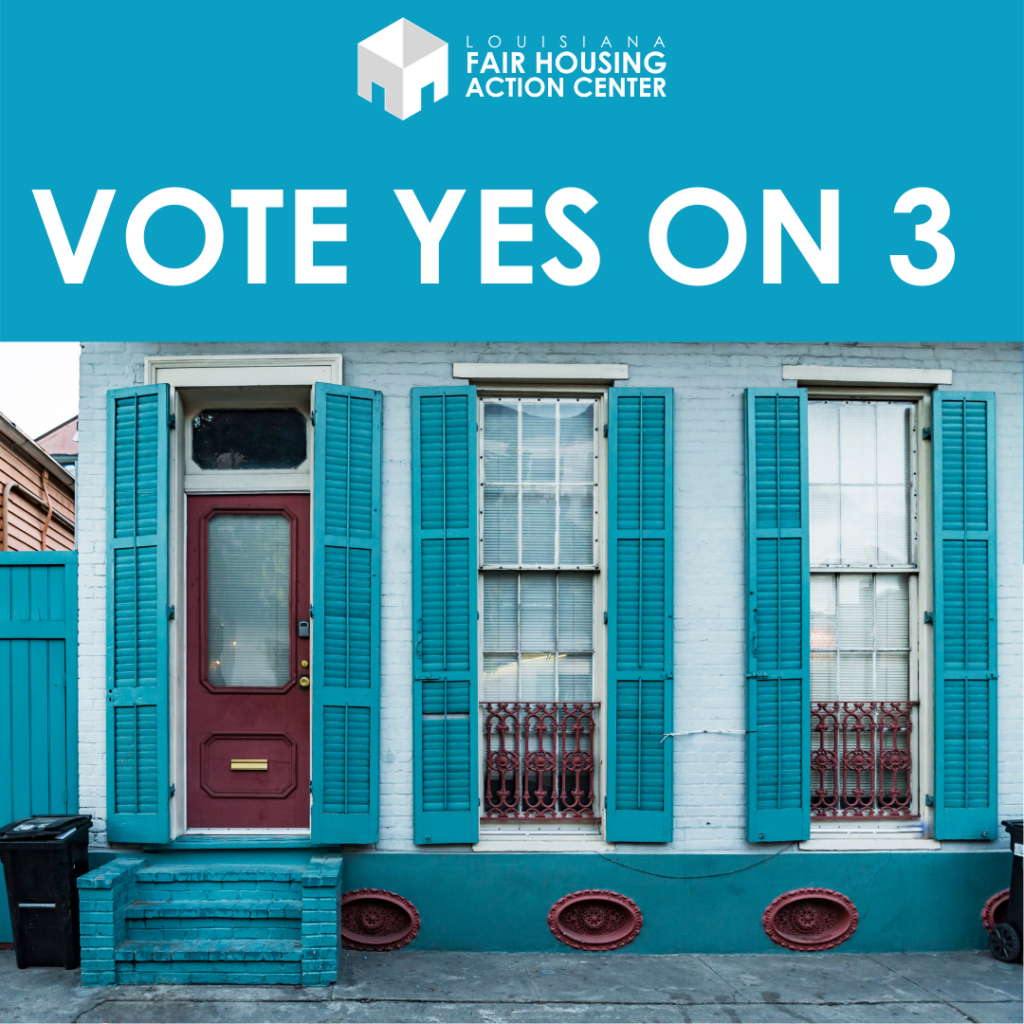We are a city that deeply values the culture and traditions that make us unique and none of that is possible without the people of New Orleans. Unfortunately, COVID-19 has only deepened housing inequality for our residents. The wealthy are making huge profits and luxury home prices continue to rise. Meanwhile, renters and small landlords are staring down a cliff and tens of thousands could lose their homes this January when the CDC’s eviction moratorium ends.

New Orleans is one of the only cities in the south with a dedicated funding source for a housing trust fund—ours is called the Neighborhood Housing Improvement Fund (NHIF). This millage would continue to fund the NHIF with a slight increase, which is currently being used to support critical programs like assistance to renters and small landlords who can’t pay their rent or mortgage during COVID-19, as well as creating a pipeline of affordable homes in neighborhoods like the Bywater and 7th Ward that are facing intense gentrification. Even the Bureau of Government Research, historically an opponent of affordable housing, admits the city “is likely to use the revenue effectively.”
We’re dismayed that the City has used this proposition to pair funding for the NHIF with an economic development millage and has provided far less information to voters on how that money will be used. Ultimately, we are supporting Proposition 3 because we believe the funds for housing are too important to go without.
We are similarly disappointed by Proposition 2, which pairs a 40% cut to the library system with support for early childhood education. As our colleagues in the criminal justice reform field have pointed out, we already spend too much on policing and incarceration. If we truly want to address the root causes of violence and trauma in New Orleans, we should be shifting money away from institutions that only react to that violence and instead investing in education, libraries, housing, jobs and community-based services that prevent it.

